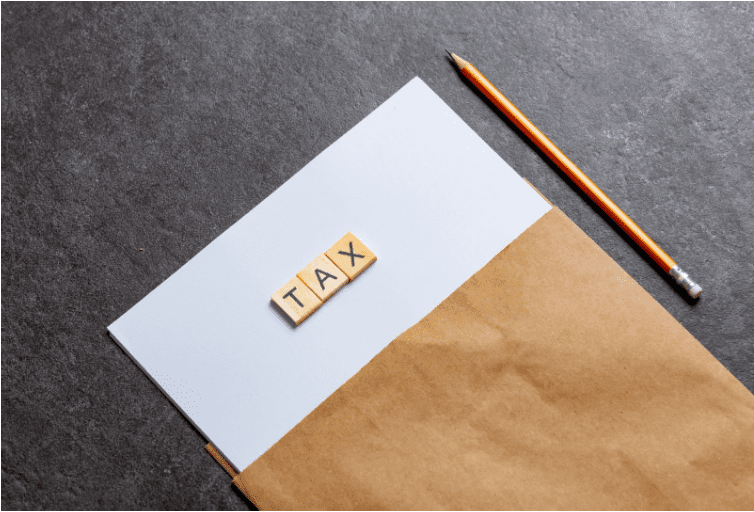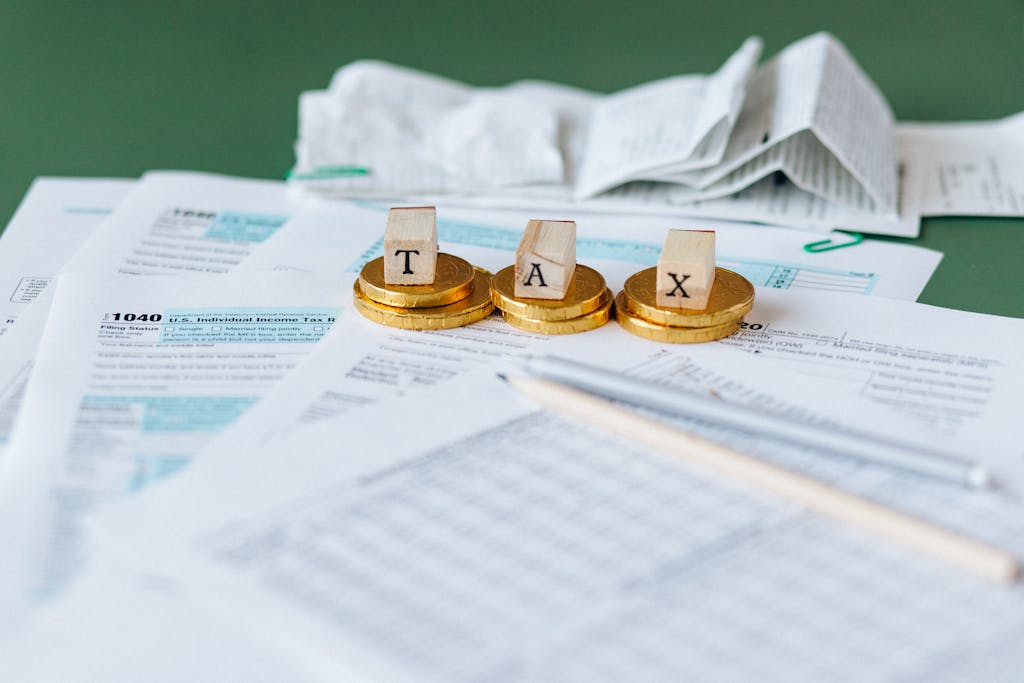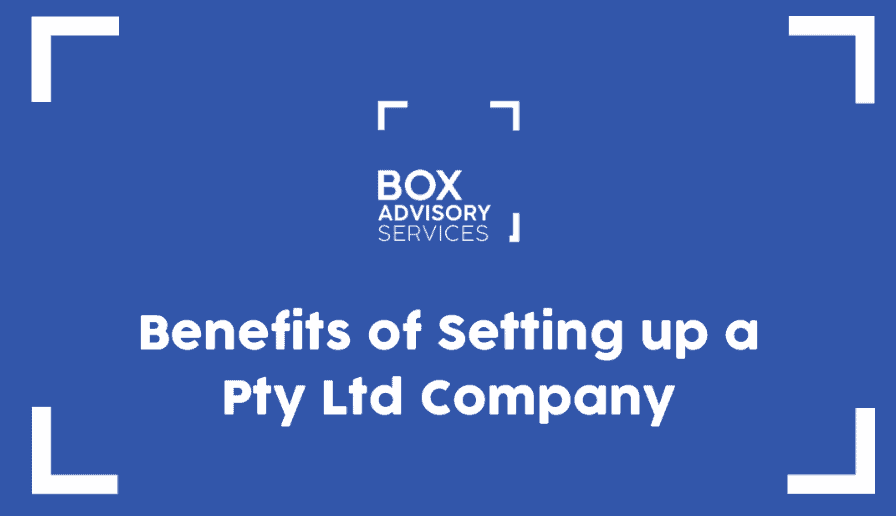
BY
|
What are the Main Types of Taxes in Australia that Businesses Have to Pay?
So you want to start a business in Australia? Great! This country has a lot to offer aspiring business owners.
But before you get too excited, there’s one crucial thing you need to wrap your head around: federal government taxes. In Australia, the ATO requires businesses to pay income tax, GST (sales taxes), payroll tax, and a range of other taxes depending on the type of business you operate.
Naturally, you must have a good understanding of the tax system before you start your business. Otherwise, you could find yourself in hot water with the ATO.
Here’s what you need to know about the different types of taxes you might have to pay.
1. Income Taxes
Income tax is the most common type of business tax. You will need to pay income tax on your business’s earnings each year. The amount of income tax you will need to pay will depend on how you have chosen to structure your business.
For example, the Australian Taxation Office (ATO) requires sole traders to pay tax according to their personal income tax rates, while companies pay corporate income taxes according to a flat rate – currently 25%.
You might be interested in reading: The Most Common Types of Business Structures Australia
It’s also worth noting that the ATO offers various tax deductions to reduce your taxable income. For example, small businesses can claim an instant asset write-off for the depreciation of certain business assets.
Or, if you have a home office, you can claim a tax deduction for the business-use portion of running expenses, such as electricity, water, lighting and cleaning, to reduce your overall taxable income.
The tax deductions can significantly impact your bottom line, so it’s worth investigating exactly what the ATO entitles you to claim.

2. Goods and Services Tax (GST)
GST is a 10% consumption tax that the ATO levies on selling most goods and services in Australia. GST-registered businesses must collect GST on the sale of goods and services and then pay this money to the ATO.
The ATO requires businesses that generate an annual turnover of at least $75,000 (and $150,000 for non-profit organisations) to register for GST and lodge a Business Activity Statement once a quarter.
Depending on whether your business uses a cash accounting method or an accrual method, GST can impact your cash flow. But there are also certain instances where you can claim back GST credits. We highly recommend you read our comprehensive guide on GST to fully understand your obligations.
3. Capital Gains Taxes
Capital Gains Tax (CGT) is a tax on the profit you make when you sell an asset that has increased in value. It is only payable if the asset is sold for more than you purchased for it. If you own a business in Australia, you may be liable for CGT on the sale of business assets such as:
- Shares
- Property
- Units in a unit trust
The amount of tax your business will pay will depend on several factors, including your business structure and the length of time you have owned it.
For example, if you operate as a sole trader and sell a property you have owned for more than 12 months, you will generally only be required to pay CGT on half of the profit. This is because the ATO allows for certain small business CGT concessions. If, however, you sell an asset you have owned for less than 12 months, you may be liable for CGT on the full profit.
On the other hand, companies don’t have access to the same 50% discounts as other business structures.
Unlike GST, capital gains tax forms part of your assessable income on your income tax return.

4. Fringe Benefits Tax (FBT)
Fringe Benefits Tax (FBT) is a tax that the ATO charges on certain benefits that an employer provides to their employees. These benefits can include things like:
- Interest-free loans
- Work cars
- Health insurance
- Entertainment
As the ATO doesn’t directly notify you of your FBT obligations, you have to self-assess how much your liability amounts to each year – from 1 April to 31 March. You may qualify for certain FBT exemptions, such as the Electric Car FBT Exemption, so make sure you’re not paying more tax than you need to.
If you would like to know more about your FBT obligations, check out this video:
5. Payroll Taxes
Suppose your business pays wages (including fringe benefits and superannuation contributions) that amount to more than the tax-free threshold in your state or territory. In that case, you’ll have to add payroll tax to the list of taxes you have to pay.
As this is a state-based tax, you’ll have to check your local government websites for the applicable thresholds and tax rates.
For example, if you currently employ staff in New South Wales, you’ll have to pay payroll tax at a rate of 5.45% to your local government if your wage payments exceed $1.2 million. If you have staff in Queensland, you’ll have to pay payroll tax at a rate of 4.75% if your wage payments exceed $1.3 million.
If you hire staff in more than one state or territory, your obligations will extend to all the applicable areas.
If you need more information, check out this guide on the Essential Things You Need to Know About Payroll Tax
6. Key Takeaways
As you can see, there are a few different types of taxes that businesses in Australia need to know. Each has different rates and requirements, so you can understand which ones apply to your business.
There are a few others that may also apply including:
- Land tax
- Property taxes
- Wine equalisation tax
- Luxury car tax
- Stamp duty
- PAYG withholding tax compliance
Receive Support With Taxes Imposed in Australia from Box Advisory Services
Not sure where to start?
Our team of experts at Box Advisory Services can help you navigate the world of business taxes and ensure you’re meeting your obligations and reducing your tax burden. Contact us today!




